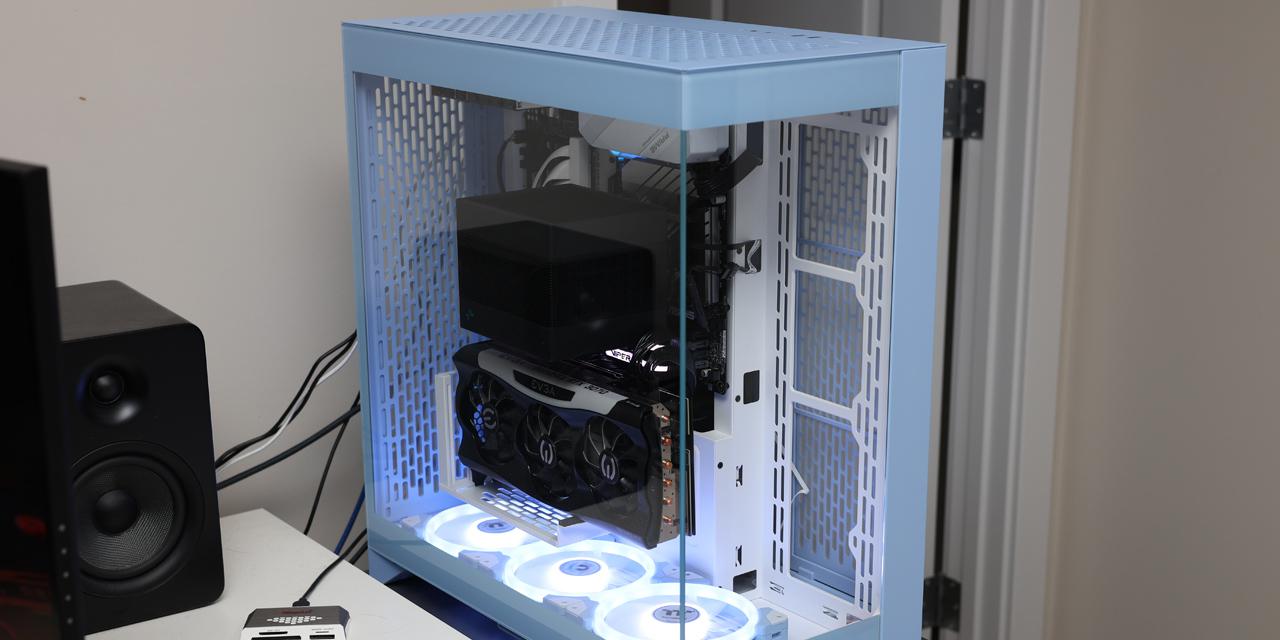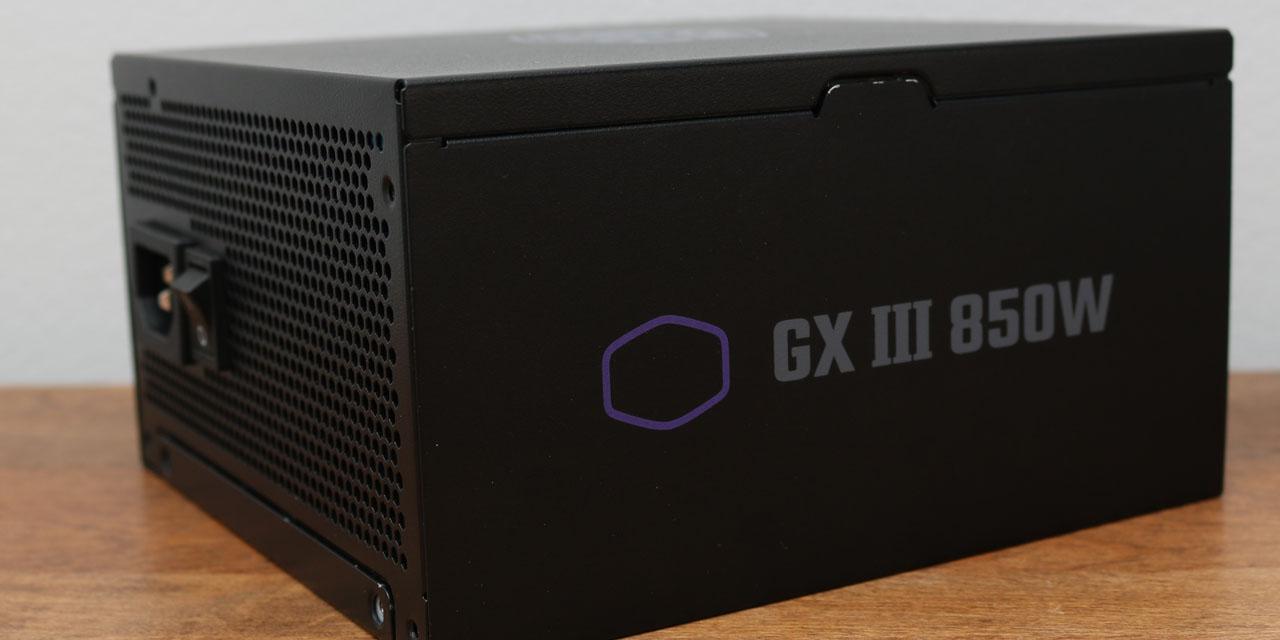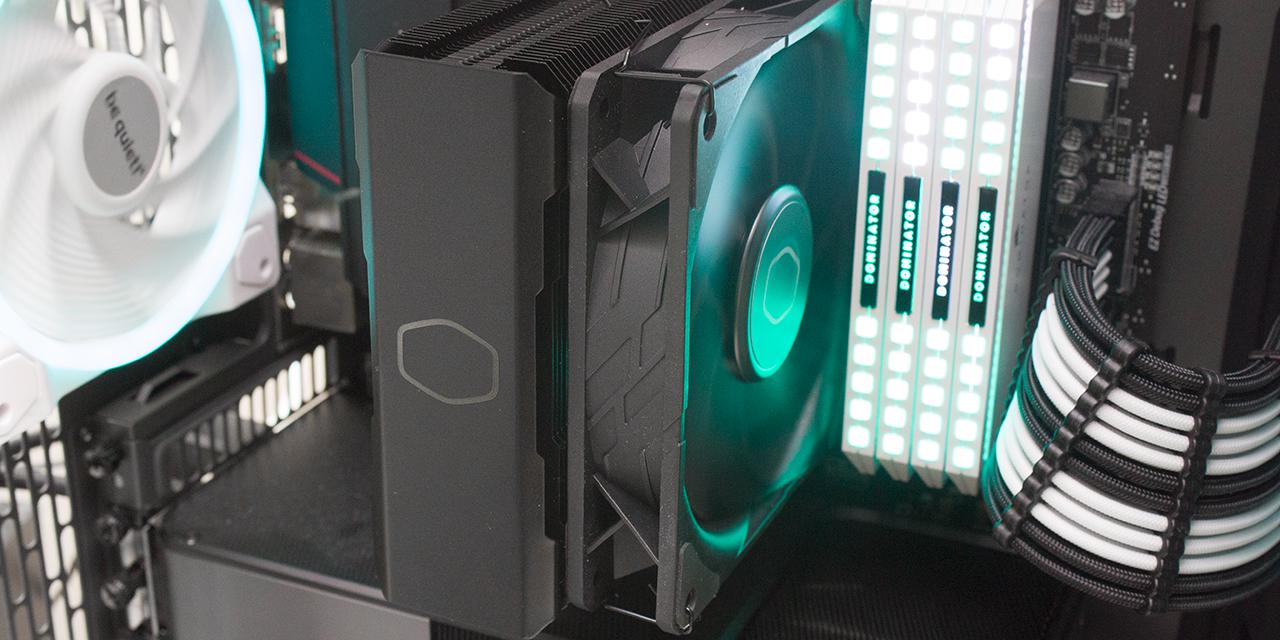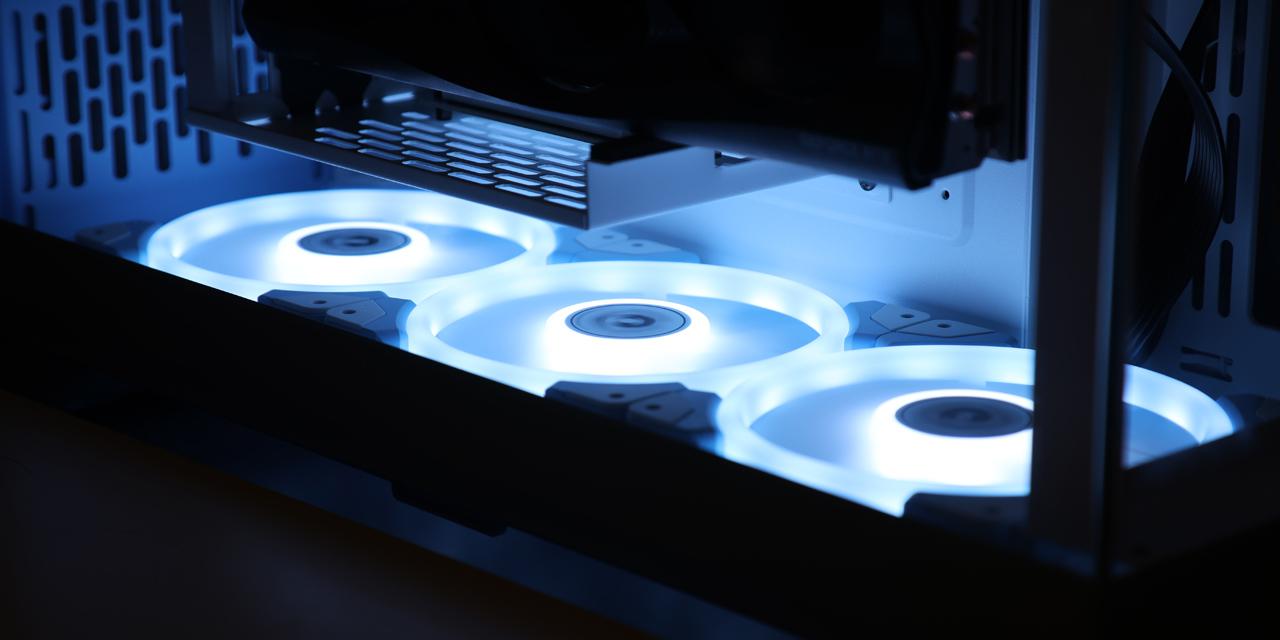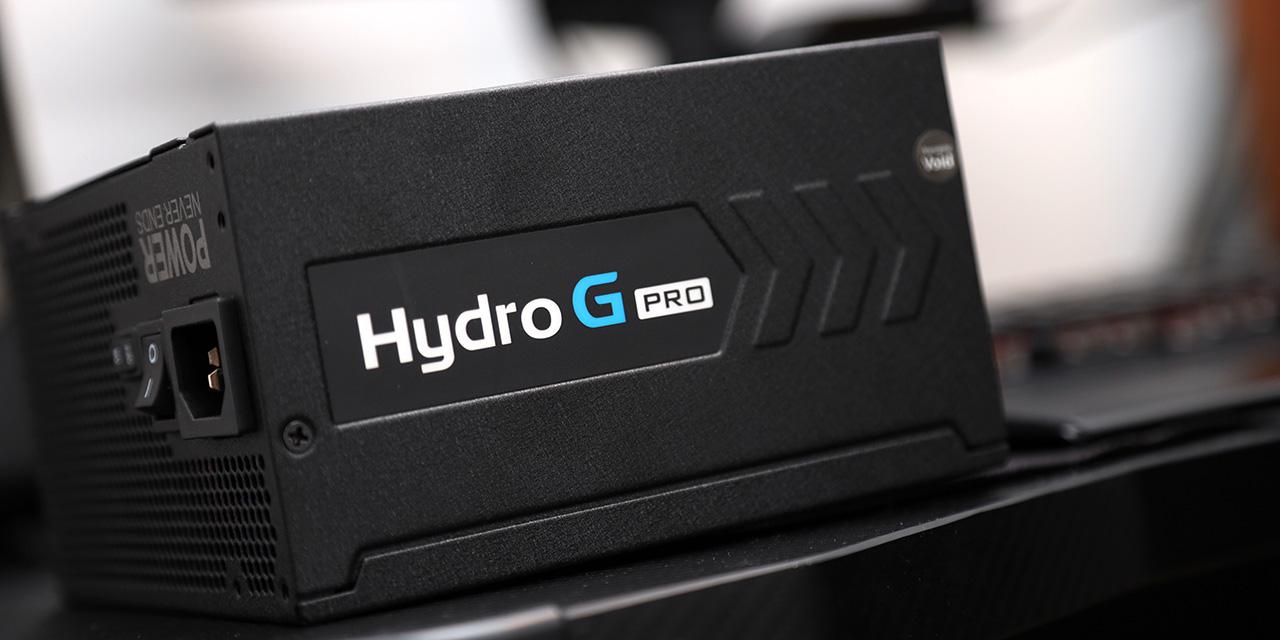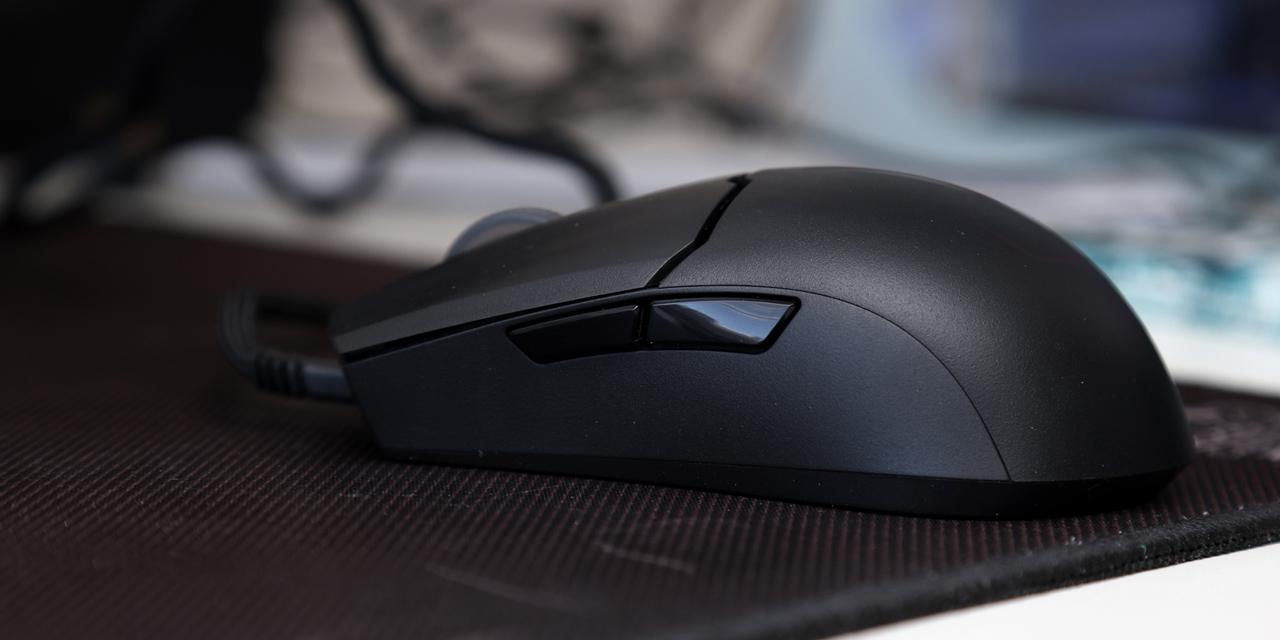|
From X-bit Labs: Rambus, a designer of memory and interface technologies, on Wednesday accused a list of companies of patent infringements again. The company accused the defendants of illegal usage of memory-related intellectual property and said that the semiconductor companies infringe its rights by implementing a number of widely used industrial standards. The tech designer demands ITC to stop importation of chips that infringe its patents and products on their base. The formal complaint of Rambus was filed with the United States International Trade Commission (ITC) requesting the commencement of an investigation pertaining to products from Broadcom Corp., Freescale Semiconductor., LSI Corp., MediaTek, Nvidia Corp. and ST Microelectronics. The complaint seeks an exclusion order barring the importation and sales of products from the aforementioned companies that infringe certain patents from the Dally family of patents and Barth family of patents. Accused semiconductor products in the complaint include graphics processors, media processors, communications processors, chip sets and other logic integrated circuits (ICs). Rambus also demands ITC to bar importation and sales of products based on chips that it believes infringe its patents. Apparently, the company wants to stop sales of almost all electronics available today, including personal computers, workstations, servers, routers, mobile phones and other handheld devices, set-top boxes, Blu-ray players, motherboards, plug-in cards, hard drives and modems. For the Dally patents, the accused semiconductor products from these companies include ones that incorporate PCI Express, certain Serial ATA, certain Serial Attached SCSI (SAS), and DisplayPort interfaces. Ironically, but Rambus became the exclusive licensee for the Dally family of patents as a part of its 2003 acquisition of technology and IP from Velio Communications, a company founded by William Dally, the chief scientist of Nvidia. In the case of the Barth patents, the accused semiconductor products include ones that incorporate DDR, DDR2, DDR3, mobile DDR, LPDDR, LPDDR2, and GDDR3 memory controllers. View: Article @ Source Site |
 |
Rambus Attacks Open Interfaces Again: DisplayPort, PCI Express, SATA
© Since 2005 APH Networks Inc. All trademarks mentioned are the property of their respective owners.
